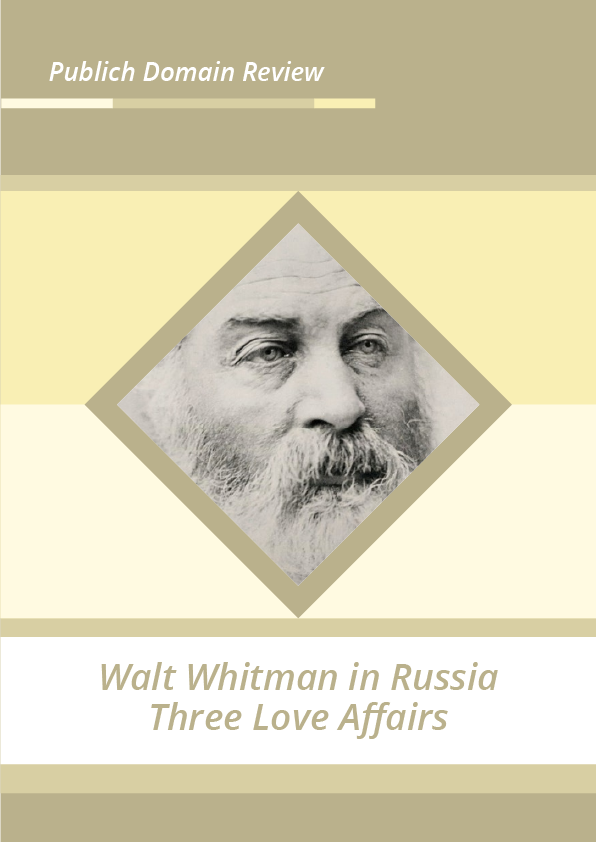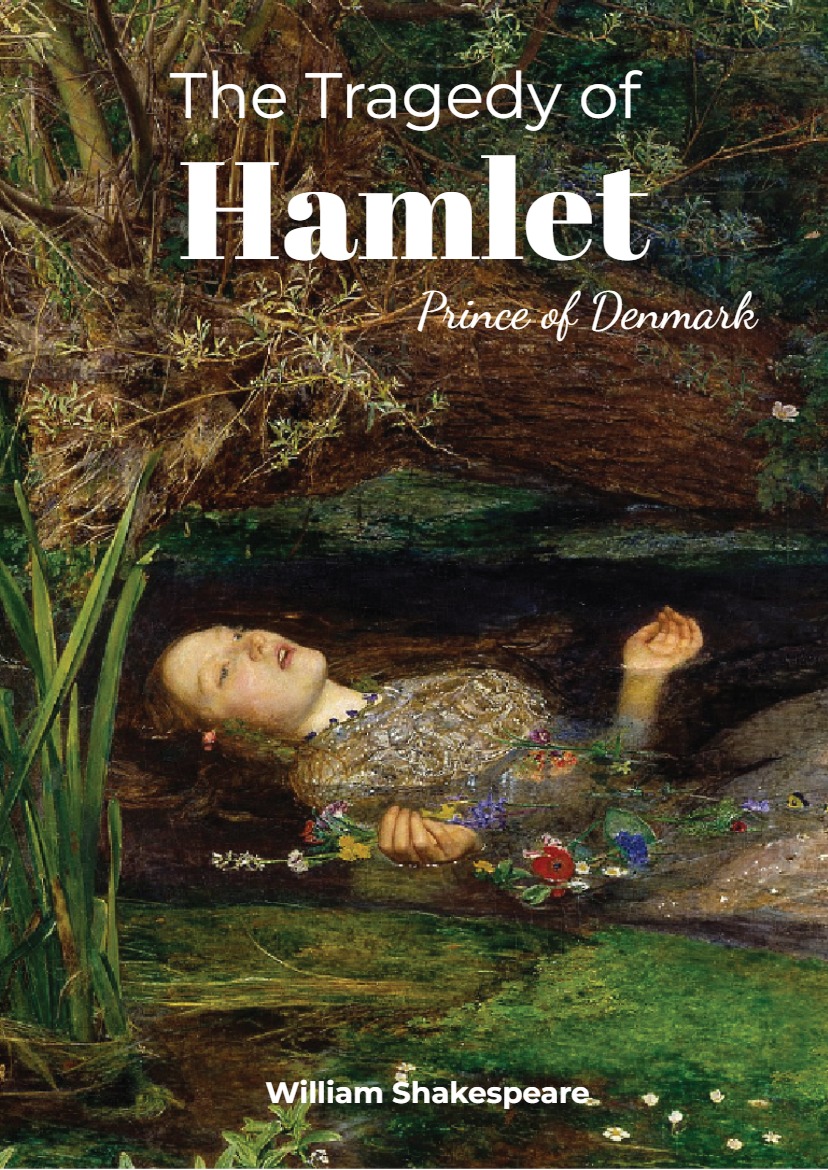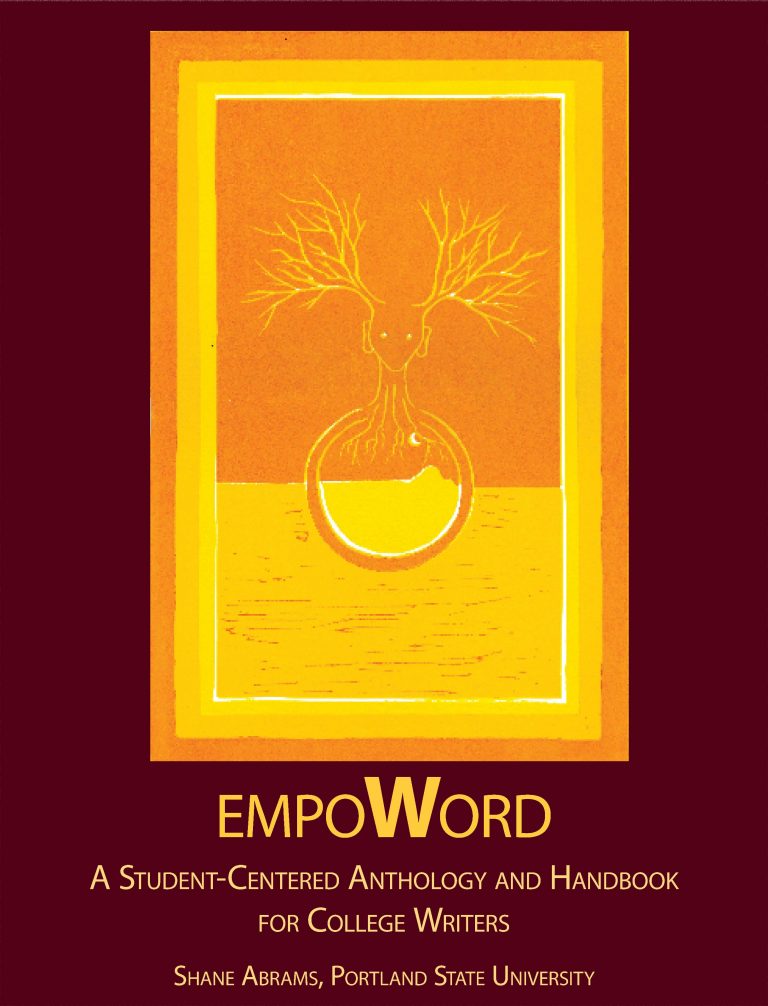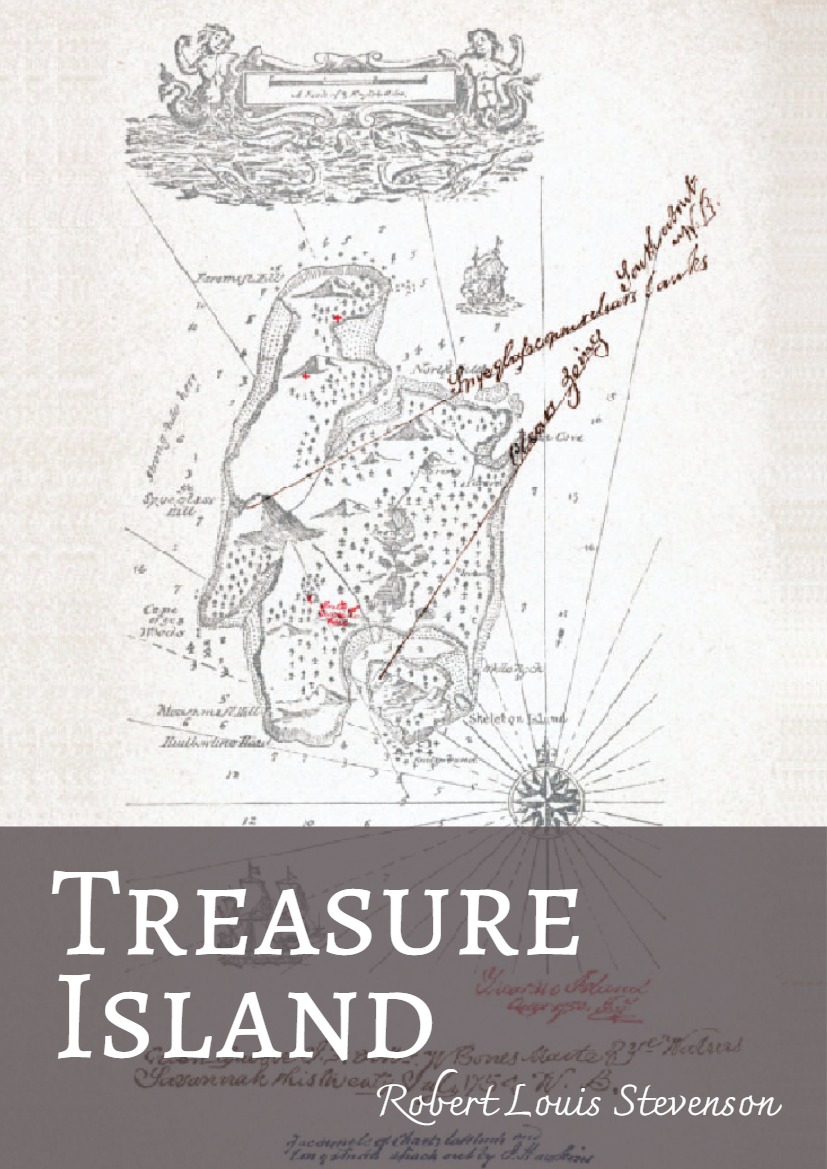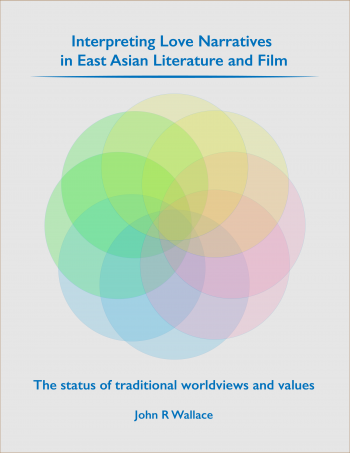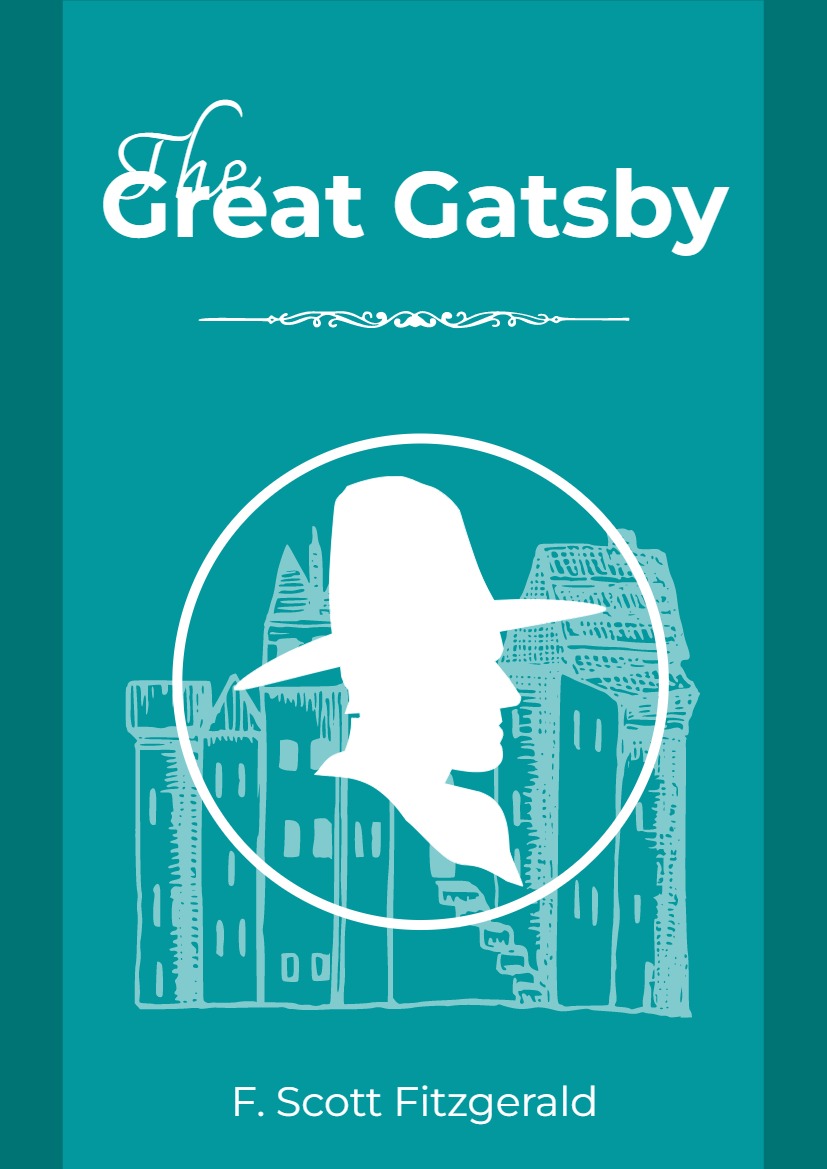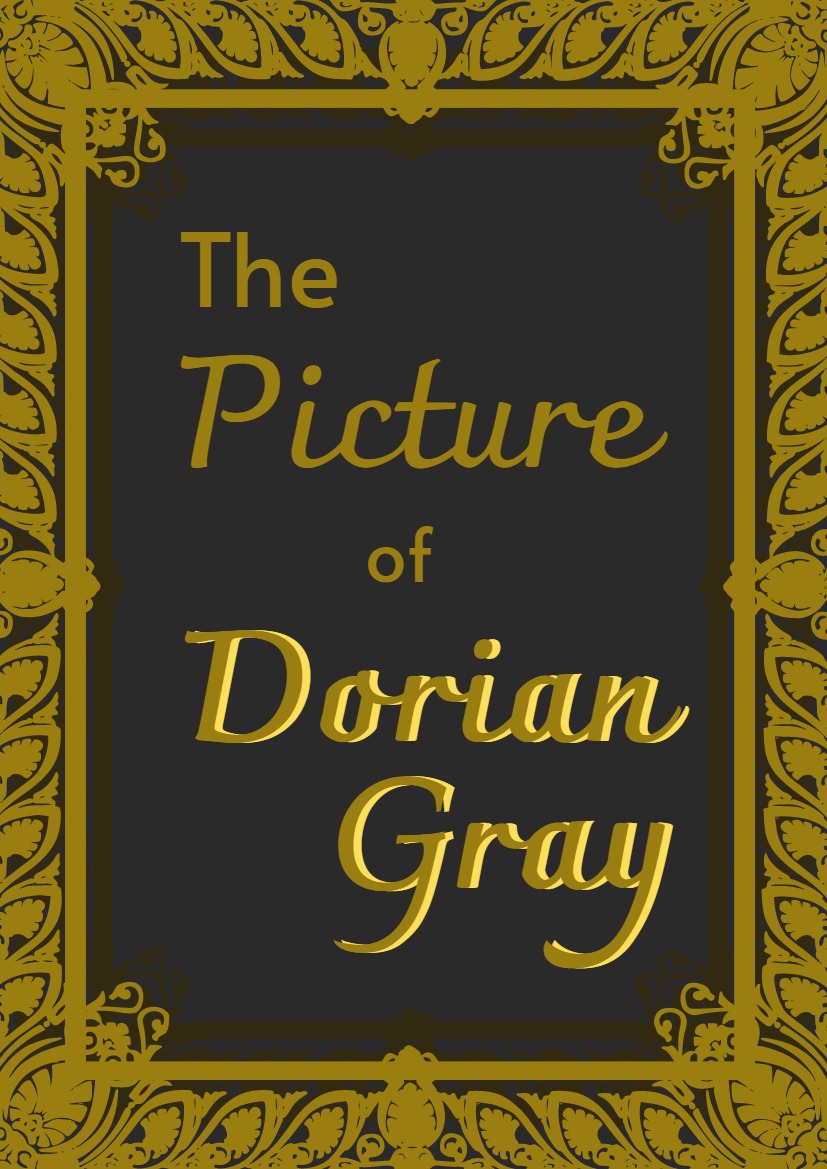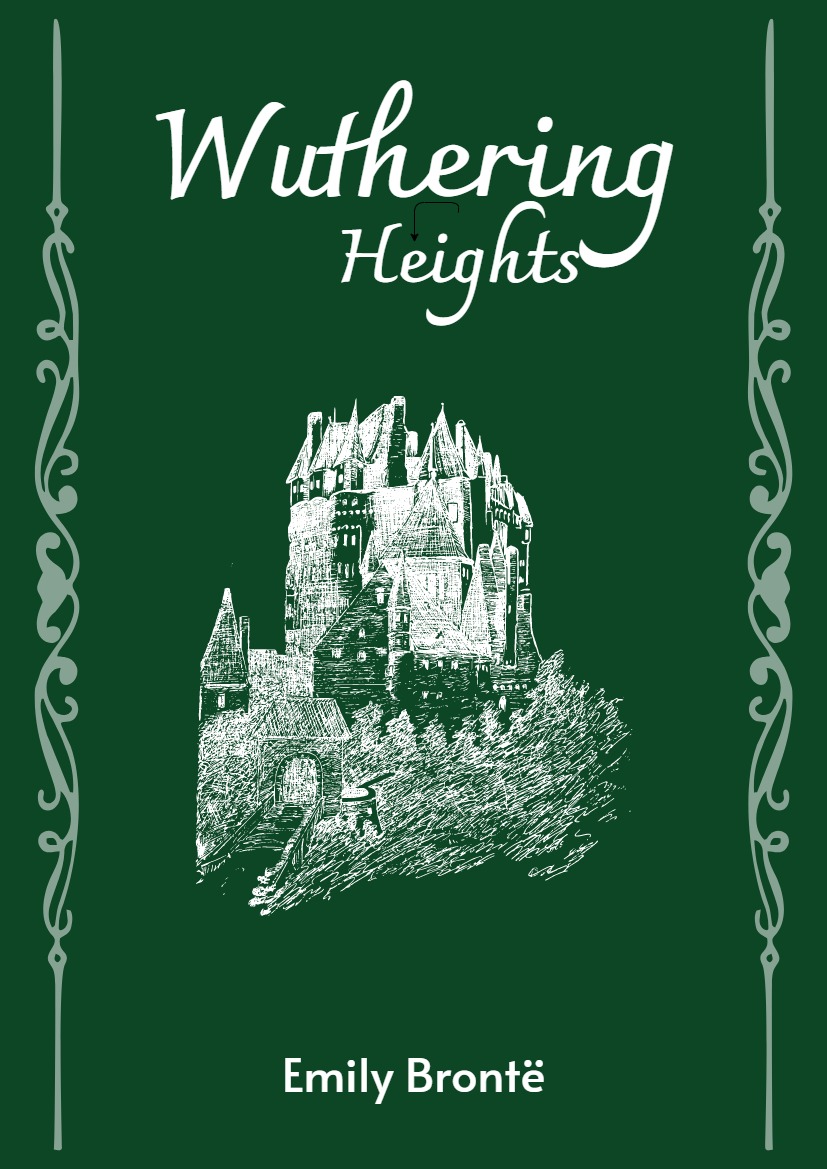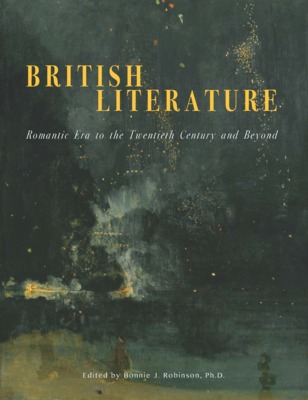Walt Whitman’s influence on the creative output of 20th-century Russia — particularly in the years surrounding the 1917 Revolution — was enormous. For the 200th anniversary of Whitman’s birth, Nina Murray looks at the translators through which Russians experienced his work, not only in a literary sense — through the efforts of Konstantin Balmont and Kornei Chukovsky — but also artistic, in the avant-garde printmaking of Vera Ermolaeva.
At the core of any translation venture, at the nucleus that shapes all its qualities, lies an often random and routine event — an individual’s encounter with a text. Before a translator dons the mantle of a cultural ambassador, a conduit of knowledge, a missionary of art, or whatever other responsibility inevitably comes with taking a work of literature from one language to the other — before the translator steps into the very public space of cultural advocacy — he or she is merely a reader seduced by an imagined world.
If it weren’t for a handful of change in sixteen-year-old Kornei Chukovsky’s pocket one day in Odessa, Whitman’s “Song of Myself” may not have come to shatter and shape the Russian poetic imagination until a generation later. Chukovsky was a school student, teaching himself English from dictionaries, old newspapers, and whatever he could buy from sailors. What were the chances that on that particular day, for that particular school-kid, the sailor would bring Leaves of Grass? But that’s how it happens — somebody, somewhere, flips a book open, and it speaks to him, changes his way of seeing the world, and alters his soul.
Other great Russians had read Leaves of Grass. Tolstoy got a copy from one of his fans in England in June of 1889, read it, and wrote in his diary, “These are awkward verses”.1 He was surprised to learn from his friends abroad that in Europe his own work was often compared to Whitman’s and conceded to give the book a second chance. In October of the same year, Tolstoy noted, “There is much that is blown-up, empty, but I did find some good things this time.”2 Turgenev, while living in Paris in the 1880s, read Leaves of Grass too and penned down a draft translation of “Beat! Beat! Drums!” but that single sheet remained the full extent of his interest in Whitman.
Whitman needed not a mere celebrity endorsement, not just an appreciative aesthete, but a lover in Russia: a passionate, devoted reader who would accept him without judgment. Before Chukovsky could have the luxury of spending years on his eleven editions of Whitman’s poetry, somebody else had to discover Whitman. Chukovsky’s energetic verse would carry Whitman to the masses, but it would be feeding the hunger inspired by another translator who had given Whitman a divine aura in the Russian imagination. That person was Konstantin Balmont, bohemia incarnate, Symbolist luminary, globetrotter, poet.
When in the early 1900s Konstantin Balmont (1867–1942) set himself the task of bringing the work of Walt Whitman to a Russian audience, he did so with a very definite set of opinions on how and why this task ought to be pursued. “True poets”, he wrote about Whitman in 1920,
are always seers and prophets. They feel for many people, blend their souls with all creatures, make their minds present in the past, present, and future. If they are sensitive at all, the great epochs of change and reformation especially attract their imagination and having charmed them magnetically, such times send omens into the poets’ work, throw upon their writing flashes of their coming fires, the first blazes of their pearly and scarlet, tender, and ferocious dawn.
Balmont introduced Whitman to the readers of the Symbolist journal Vesy as “a powerful dweller on earth . . a chaotic, young, unbridled and undisciplined soul”.4 In subsequent essays, Balmont developed a language of such reverence and grandeur as were rarely bestowed on poets even within Russia’s then indulgent artistic milieu: Whitman was an “ultimate”, an “inevitable”, “strong” poet, “as inescapable in the life of our souls as the first love, first grief, a moonlit night, or a sunny morning.” His poetry, then, could not be akin to anything before or contemporary to it. Writing in 1908, Balmont denied Whitman’s verse any “accessible consonance of rhyme”, “common ornamentation of poetry”, or any “correct measure”, seeing in it, instead, the “movement of waves”, “rustling of breezes”, and the “breath of the sea”. As if determined to make his words a self-fulfilling prophecy, Balmont enslaved himself to the original text, like a desperate lover. He crafted translations that were so accurate in their mimicry of Whitman’s sentence and line structure that they were faithful to a fault (the clumsiest examples include “The Bravest Soldiers” turned into bravye [dashing] soldiers and the “common prostitute” becoming obshchaya [shared], the first meaning of “common” in Russian). As desperate lovers are wont to do, Balmont also projected his own glorified vision of Whitman as an icon of a new world onto Whitman’s work. As Martin Bidney noted in his excellent essay “Leviathan, Yggdrasil, Earth Titan, Eagle: Balmont’s Reimagining of Walt Whitman”,
